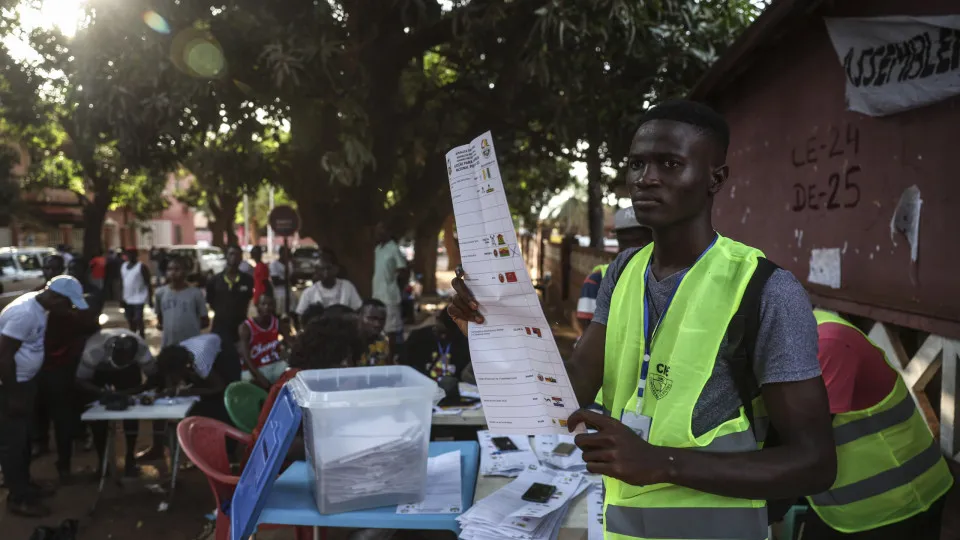“The important thing is that the institutions that typically filter and intermediate knowledge reflect on what lies ahead and their role,” including journalists, says the author of the book Algoritmocracia, which addresses how artificial intelligence (AI) is transforming democracies.
Moreover, “political agents should also reflect” on what kind of society, political debate, and type of parliament “we are trying to create and where our boundaries extend,” he continues.
The challenge for politicians “is to find a way to make moderation ‘sexy’ for the algorithms, to find a positive political project that is viral for the algorithms,” suggests the partner at Pérez-Llorca.
In other words, “make hope something viral and not just fear, broken borders, homeland at risk, immigrants coming in hordes,” but be able to construct a language “that allows algorithms to reward just as much as contents that shock.”
As algorithms define what appears on mobile phones and screens, not only politicians have had to adapt to this new reality.
“Some, taking advantage because this fits perfectly with the populist language, others starting” to change tones, words, “using a more warlike tone, (…) communication videos with much more warlike character, to be able to pass through the algorithms,” points out the former Secretary of State.
In television commentators, we witness more contentious moments: “now it is becoming common for people to leave studios,” which “is part of this staging because it is what makes that video shoot up in the algorithm,” whether on the side of the offender or the offended, he continues.
But also journalists, “whether in the titles they choose for the news, the questions they ask, or even in the circumstance that we have a political leader who is permanently invited for interviews, as if he were the only leader in Portugal,” because as he generates audiences “he has media exposure that is totally disproportionate to his political representation,” he says.
Adolfo Mesquita Nunes states that this “means that the ecosystem being altered is not just the partisan one, it is the ecosystem of discussion and political debate, of political deliberation.”
When “we start having political processes, processes of political scrutiny, processes of political debate, of political journalism filtered by algorithms, then we are indeed contaminating the whole process with this logic which will end in radicalization and polarization.”
Despite the challenges posed by algorithms, Adolfo Mesquita Nunes remains optimistic and explains why.
If there is a well-founded expectation that technology can help eradicate diseases and traverse boundaries of knowledge for a more prosperous, cultured, fair, and supportive society, “why shouldn’t we have the expectation that technology can also find solutions to help us have an algorithmic ecosystem that does not have this harmful effect,” he argues.
The issue of algorithms is “a very complex problem”: from the point of view of solutions, “when something is very difficult and I don’t really know how to solve it, I resort to my main values and my main value is freedom,” he emphasizes.
“I want to have some freedom in how I customize that algorithm,” to know how it works, how it prioritizes, he defends.
Above all, a debate needs to arise so that it is possible to better ascertain the problem and the solutions.




